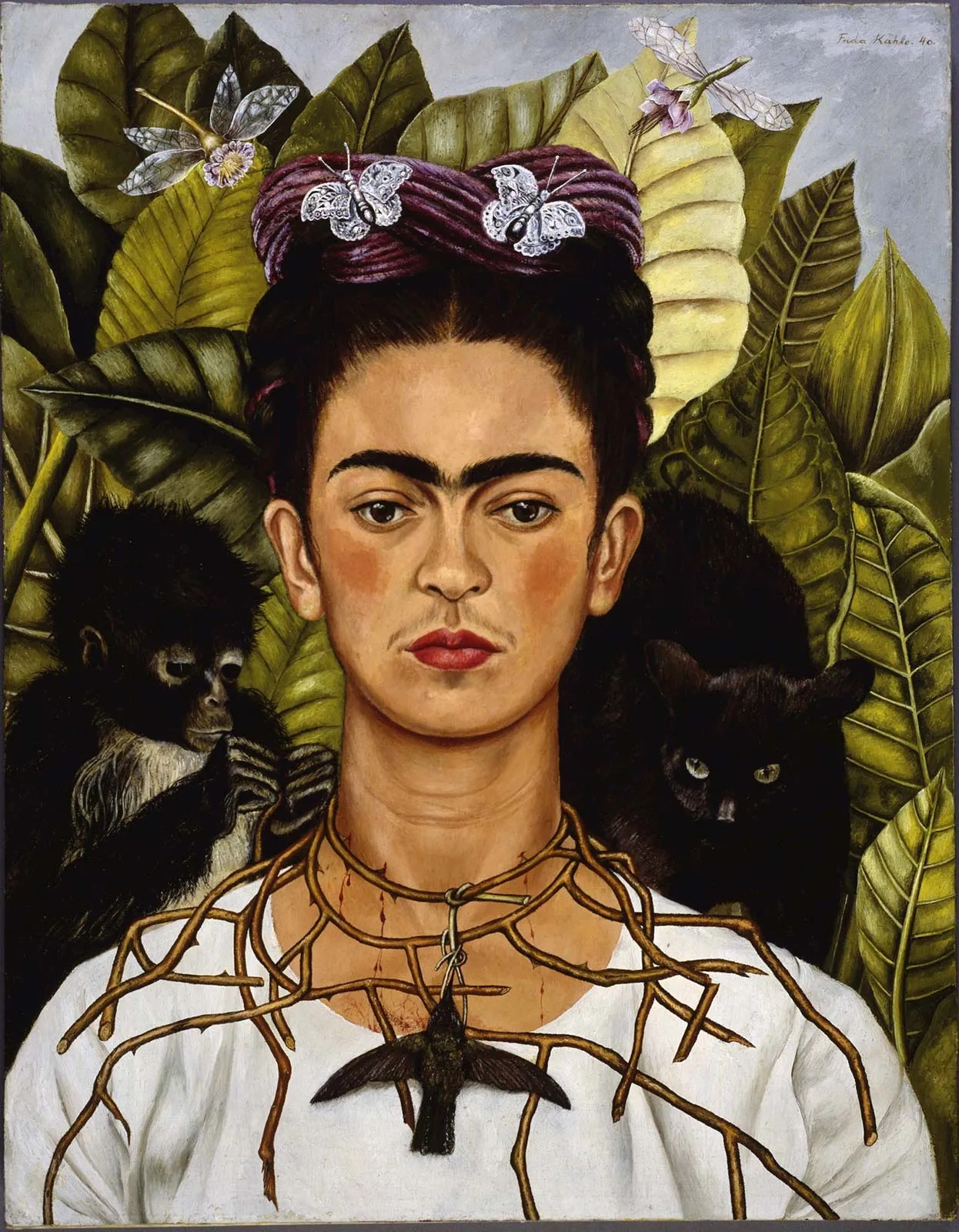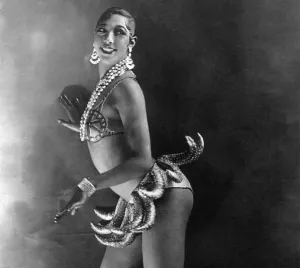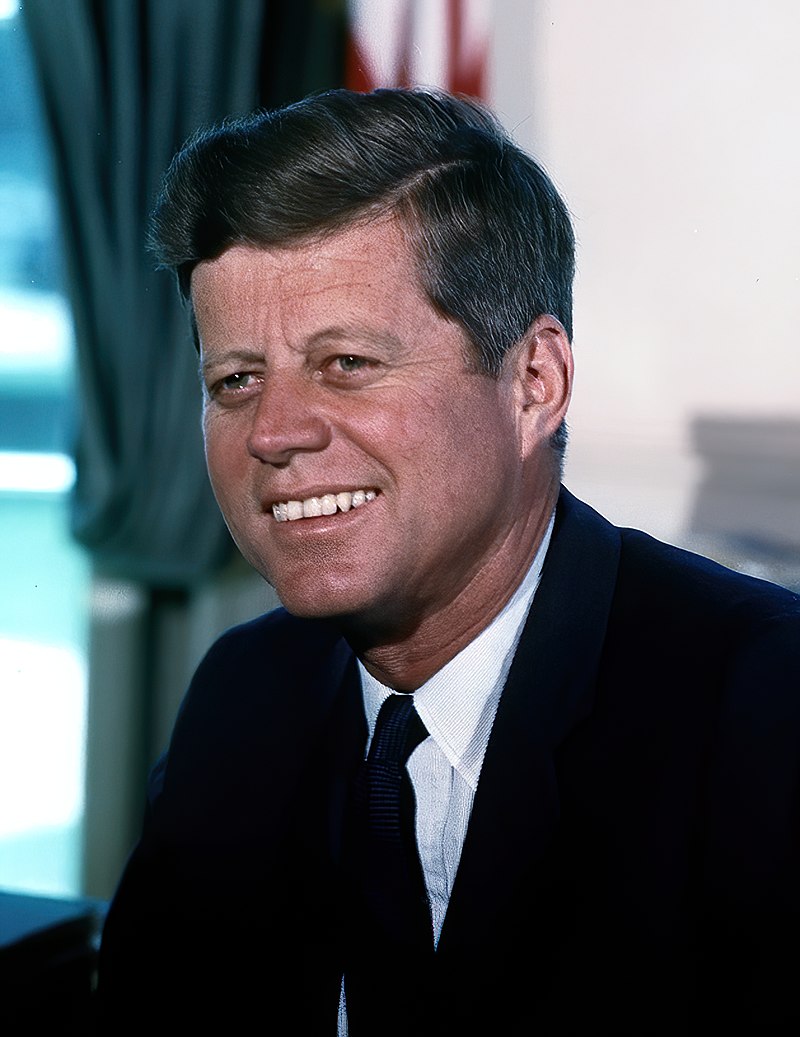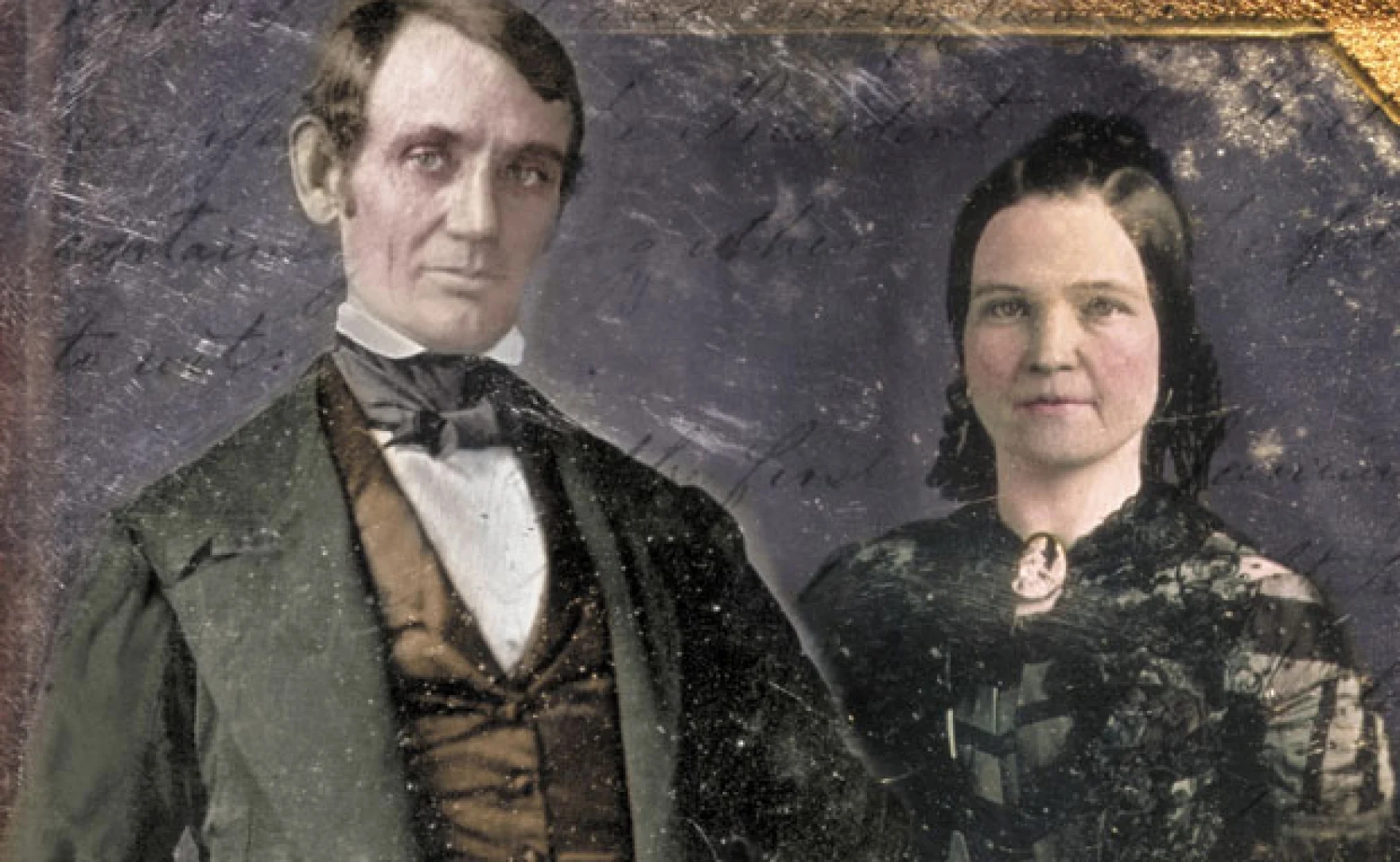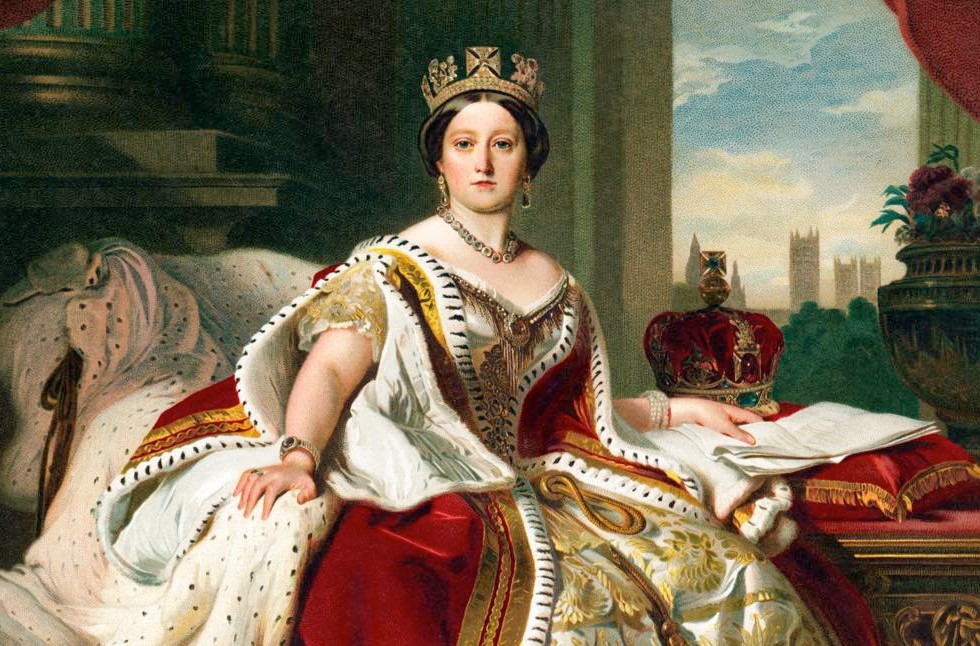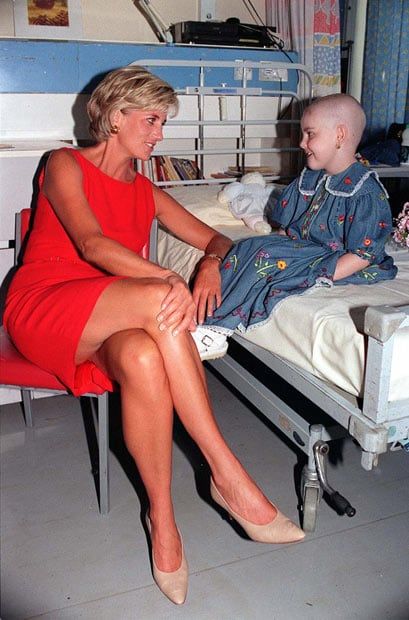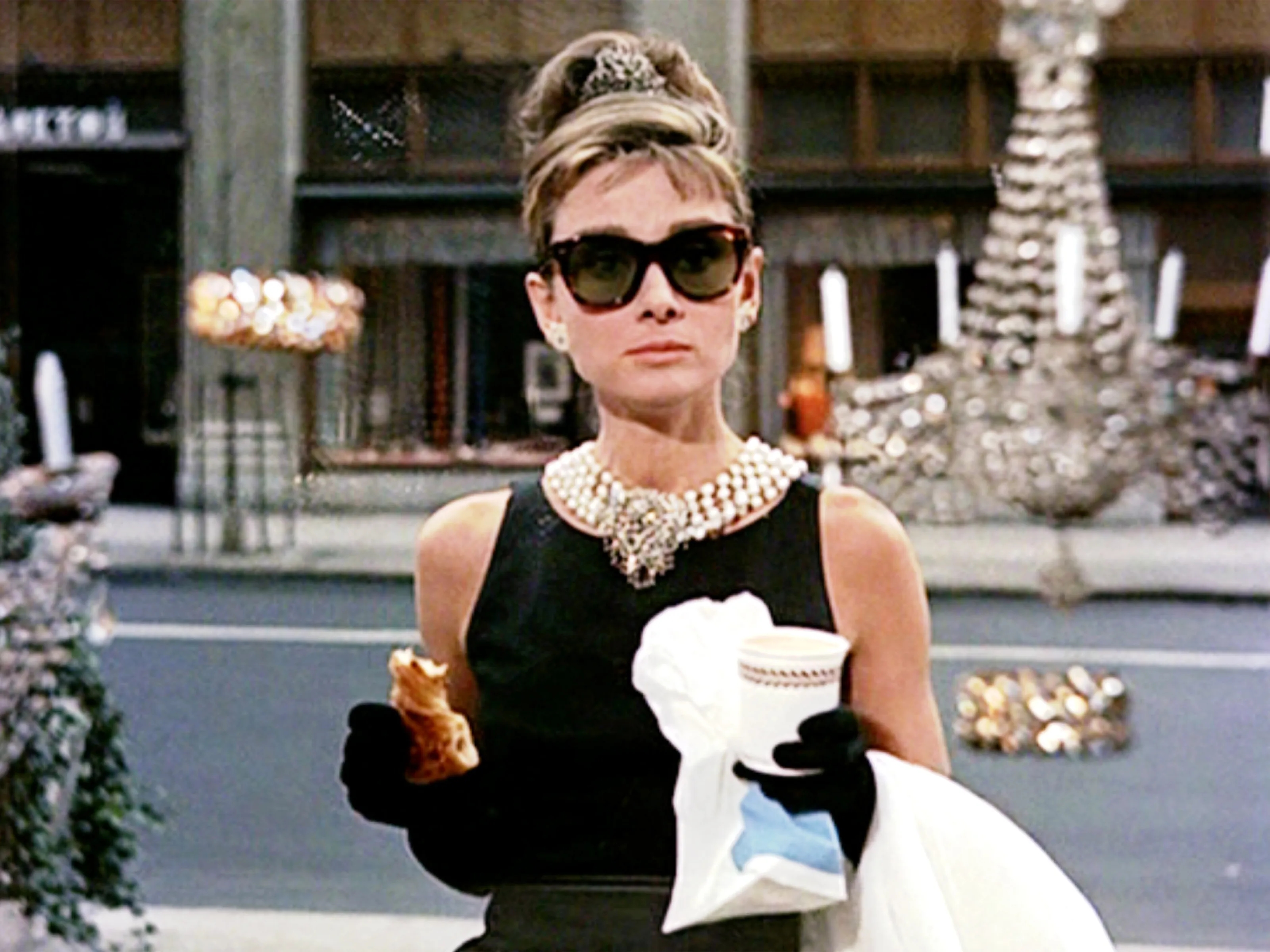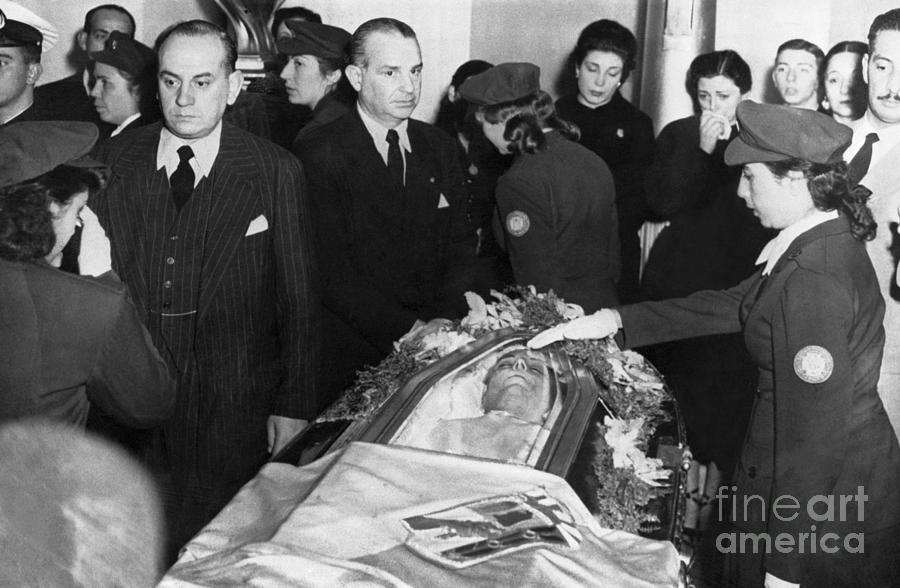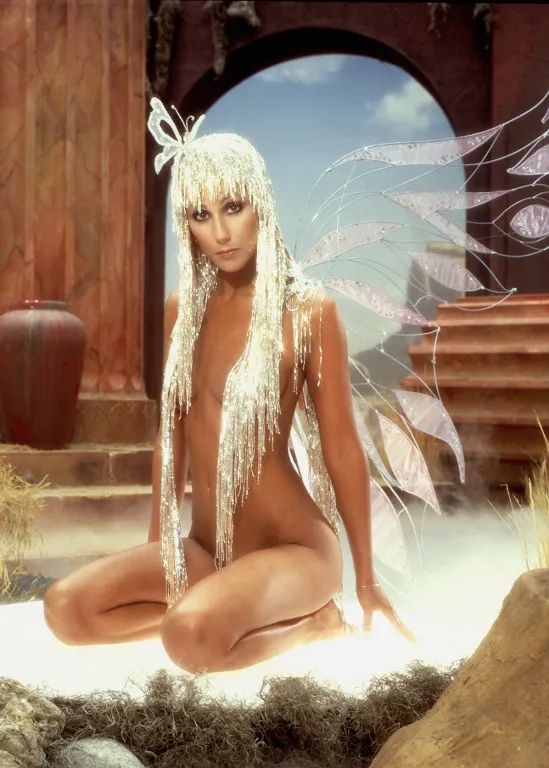
- Crowds massed in Red Square for the Coronation of Tsar Nicholas II, May 26, 1896. The Russian people were filled with coronation excitement; they were particularly enthusiastic about the public festival held four days later for the citizens. Staged in a huge meadow north of Moscow, everyone was promised free food, beer, and souvenirs.
The days preceding the coronation of Nicholas II as Russian Tsar were full of dizzying excitement. Moscow was decorated with banners proclaiming, “God Save the Tsar” and “Glory, Glory to Our Russian Tsar.” There were open air concerts with choirs singing, bells ringing, parades marching, and cannons booming – joyful noise heralding the crowning of the newest Emperor of Russia. Nicholas was from the royal House of Romanovs which had ruled Russia as tsars, or caesars, since 1614.
The festivities kept Nicholas and Alexandra feverishly busy: breakfasts for 200 guests, meetings with special foreign envoys, nightly banquets and balls, state visits and musicales, a visit to the Bolshoi Ballet (where Nicholas’ former mistress Mathilde Kchessinske was the featured dancer in the “The Pearl”).
Alexandra was exhausted from her demanding social schedule – although she tried her best not to show it. Alix was very maternal and consumed with the care of her first baby, Olga, only five months old. Unusual for the times, Alix nursed Olga herself. She also was newly pregnant and suffering from morning sickness.
Alix was exceptionally anxious about this second pregnancy. She was under enormous pressure to produce a male heir to the Russian throne. Maybe this baby would be a boy, she prayed. Maybe that would convince her mother-in-law to like her!

Tsar Nicholas II and the Tsarina Alexandra hold their first child, Olga, born November 16, 1895. Nicholas was delighted by the birth of his first daughter but the Russian royals expressed their dissatisfaction that Alexandra had not given birth to a boy. The most vocal of the lot was Marie Feodorovna, the Dowager-Empress, Nicholas's mother. She was Alexandra's sharpest critic and fostered ugly gossip about her among the courtiers.

The Dowager Empress Marie Feodorovna and her son Tsar Nicholas II of Russia, 1896. The Dowager Empress was surprised to be a widow at the age of 46, suddenly demoted from Queen of Russia. She disliked being upstaged by her daughter-in-law, Alexandra, who she considered unfit to be Empress of Russia. She had to be ordered by the court to share the Crown Jewels with Alexandra! Marie known as "Minnie" was from Denmark. She and Alexandra were polar opposites: Minnie loved court society while Alexandra preferred lying on the chaise in her Mauve Boudoir, embroidering, with her many beautiful children scattered about her.
The Russian Empire at the turn of the century was huge. The United States could be dropped into it and still leave room for China and India. When his father died in November 1894, Tsar Nicholas II became the ruler of an empire that bordered Turkey, Persia, Afghanistan, Mongolia, and China while Poland, the Baltic States, and Finland were Russian territories. More than a hundred nationalities owed allegiance to him.

Russia in 1894, the year Nicholas II became Tsar.
Due to generations of Romanovs marrying other Western royal families, Nicholas II himself was less than 100th-part Russian. Alexandra, the former Alix of Hesse, was part English, part German. The Russian people did not trust Alexandra; they thought she was a German spy and hated her English ways. (1)
Coronation day began early with the traditional procession through the streets of Moscow. Nicholas, atop his white steed, rode in first, accompanied by many cavalry squadrons, amid the peeling of thousands of church bells. Next came the carriage bearing his mother. The crowd cheered loudly as the sovereign and his mother passed by. They were both wildly adored by the Russian people.
Next in line came Alexandra’s coach. It was greeted with a
hush – an eloquent silence that stung like a blow, reducing Alexandra to tears. Silence – an ominous silence. Not open jeering, or insults, but the quiet of rejection.” (2)

The Romanovs proceed through the streets of Moscow to the Cathedral of the Assumption for the Coronation, May 26, 1896. The crowds cheered when Nicholas then his mother passed by. Ominous silence fell, however, when Empress Alexandra's coach passed by. The Russian people were suspicious of her German roots.
Sources:
(1) PBS
(2) Erickson, Carolly. Alexandra: The Last Tsarina. New York: St. Martin’s Press, 2000.
(3) Massie, Robert K. Nicholas and Alexandra. New York: Dell Publishing, 1967.
Readers: For more on the Russian royal family on this blog, click here.
Read Full Post »






